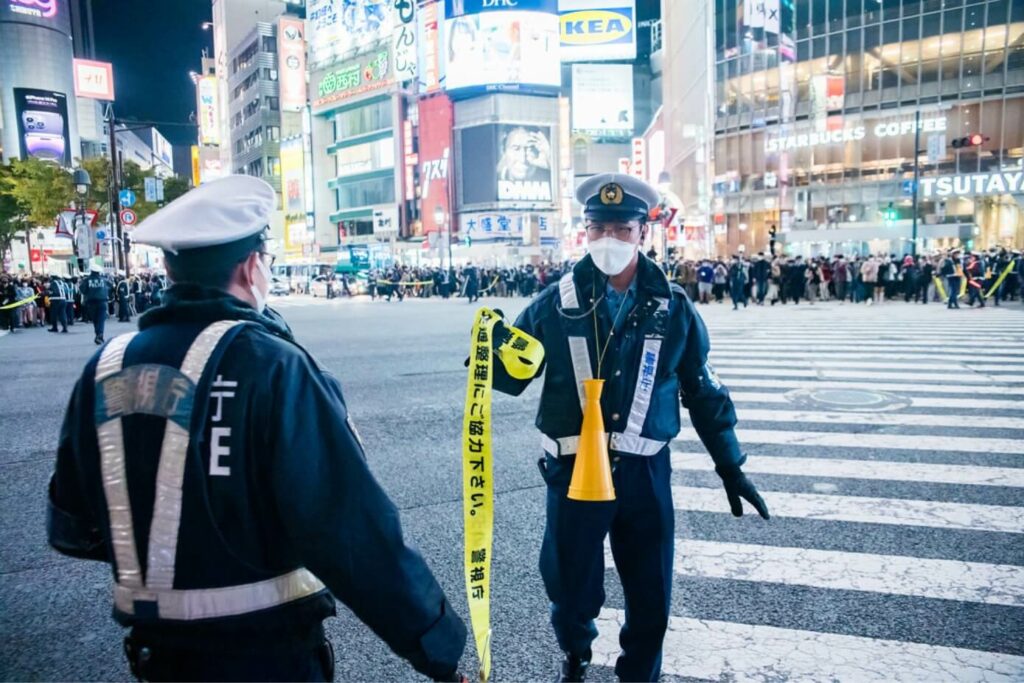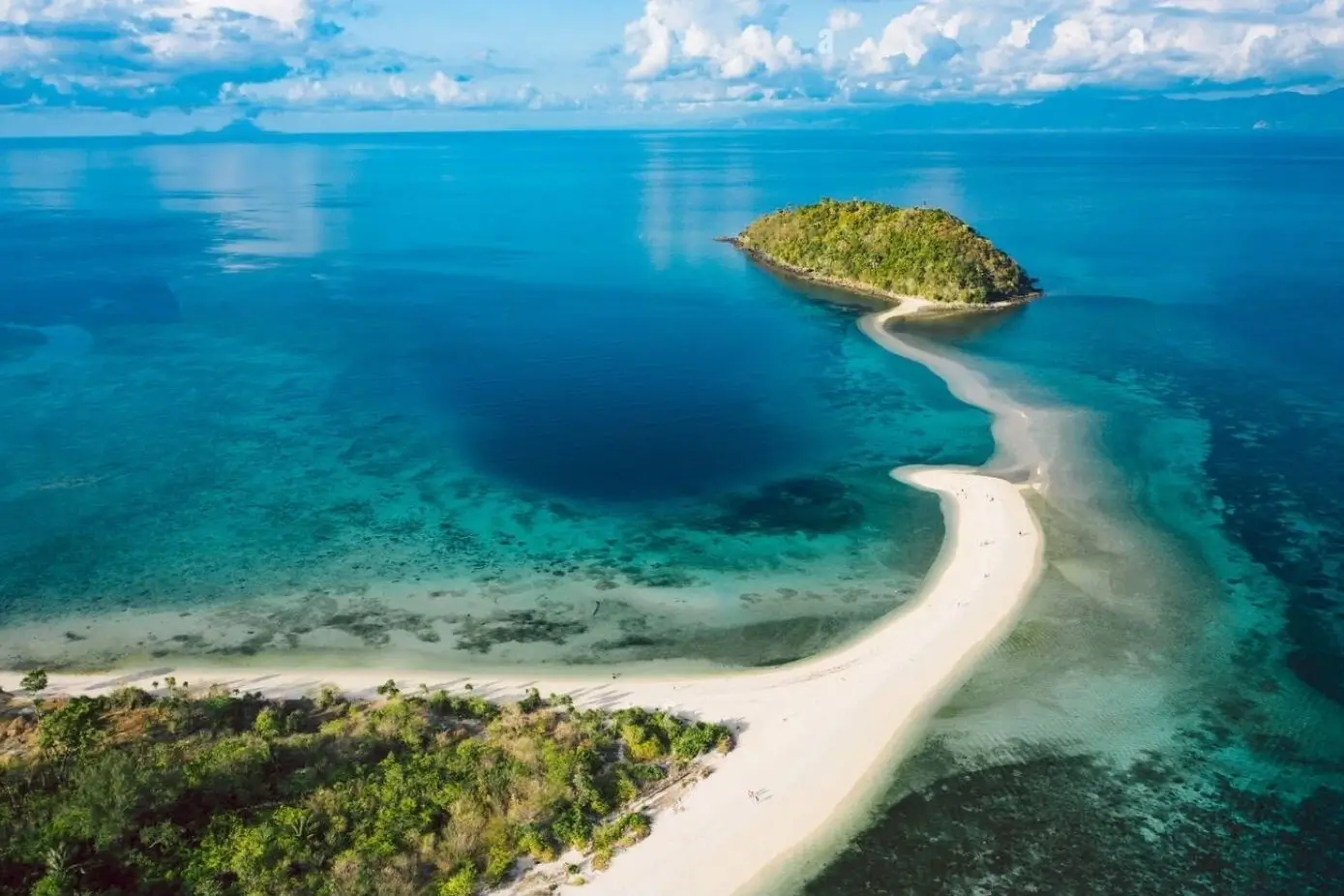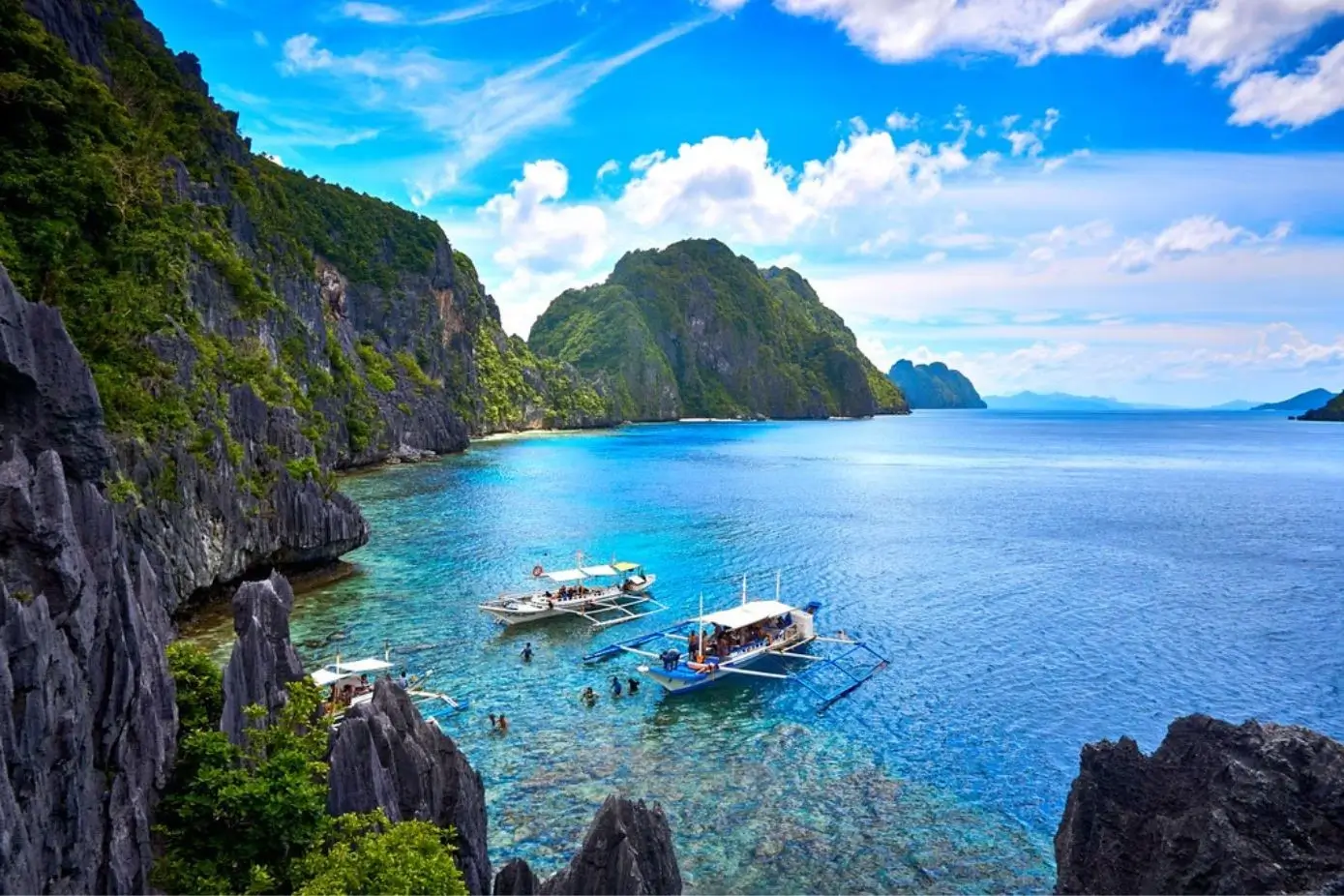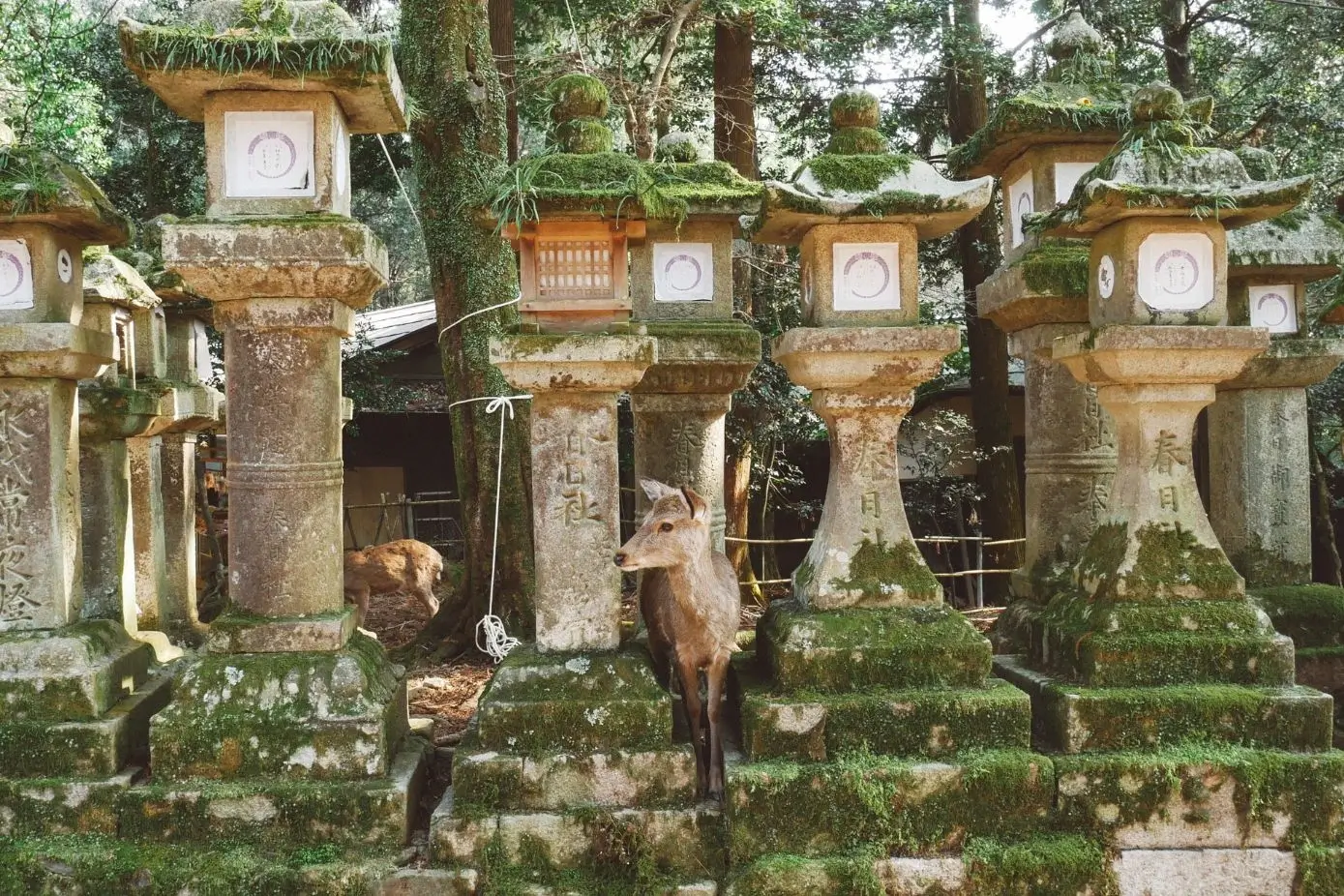Japan is renowned for its rich culture, stunning landscapes, and advanced technology. But how safe is it for travelers? This comprehensive guide dives into the safety aspects of traveling in Japan, giving you peace of mind as you plan your journey.
Is Japan Safe?
Yes! Japan is one of the safest countries, with well-maintained public spaces and a respectful culture.
Quick Facts About Safety in Japan
- Low Crime Rate: Japan boasts a remarkably low crime rate. Violent crimes are rare, making it one of the safest countries for travelers.
- Helpful Locals: Japanese people are known for their politeness. Many are willing to assist travelers, offering directions and advice.
- Efficient Public Transport: The public transport system in Japan is a model of efficiency and safety. Trains and buses are clean, punctual, and safe at all hours.
- Natural Disaster Preparedness: Japan is prone to natural disasters like earthquakes and typhoons, but it has robust systems in place for early warnings and emergency response.
Essential Tips for Staying Safe in Japan
- Respect Local Laws and Customs: Japanese society values respect and manners. Learning basic etiquette, like bowing and removing shoes indoors, can prevent cultural faux pas.
- Weather Awareness: Japan experiences various weather conditions, including heavy snow in winter and typhoons in late summer. Stay updated on local weather, especially if traveling during extreme conditions.
- Identification: Carrying your passport or a copy is crucial in Japan. It’s often required for hotel check-ins and can be requested by authorities for identification. Also, if you have a Japanese visa on-going, make sure to carry it as well.
Safety in Major Cities
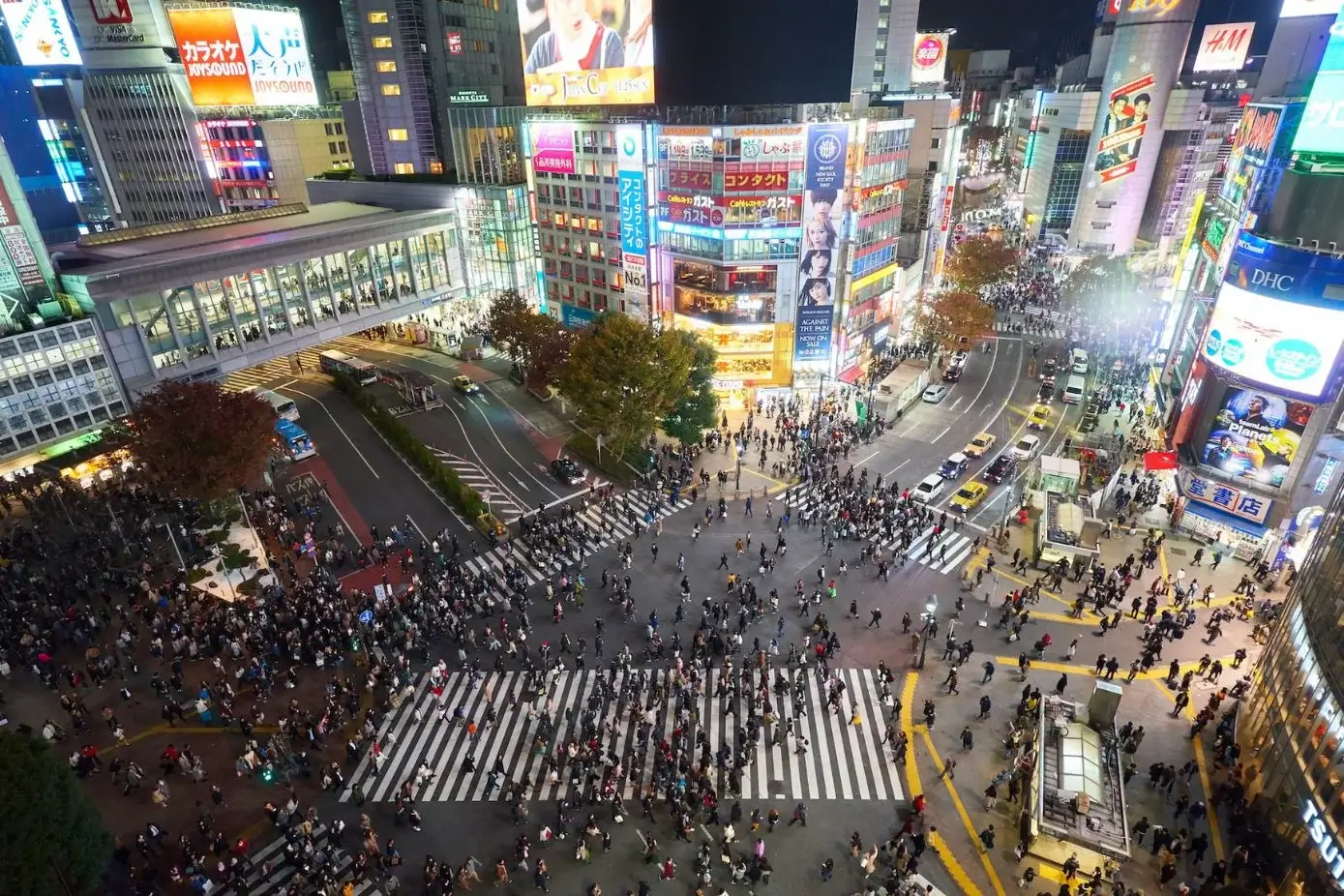
- Tokyo: Despite its size, Tokyo is incredibly safe, with low crime rates even in bustling areas like Shibuya and Shinjuku.
- Kyoto: Offering a more traditional vibe, Kyoto is safe for travelers, brimming with cultural sites and serene gardens.
- Osaka: Known for its street food and nightlife, Osaka is also tourist-friendly with a safe and vibrant atmosphere.
Transportation Safety in Japan
- Trains and Buses: Regular security checks and courteous staff make public transport extremely safe.
- Taxis: They are safe, clean, and reliable. Drivers may not speak English but are generally helpful.
- Pedestrian Safety: Japan respects pedestrian rights. Always use designated crossings and follow traffic signals.
For more information, check the japanese public transportation guide.
Health and Medical Services
- Healthcare Quality: Japan has one of the world’s best healthcare systems, with modern facilities and skilled staff.
- Travel Insurance: Ensure your insurance covers healthcare in Japan, as medical services can be expensive for foreigners.
- Pharmacies: Widely available, offering over-the-counter medications. English-speaking pharmacists are common in cities.
- Radiation Safety: Following the Fukushima incident, radiation levels in most parts of Japan have normalized. Travelers should follow official guidelines, particularly when visiting areas close to Fukushima.
Safety Tips for Staying Safe in Japan as Solo Travelers
Japan is exceptionally friendly for solo travelers. Its orderly society and respectful culture make navigating cities and countryside alike a smooth experience.
- Accommodation: Choose reputable hotels or hostels in well-lit, populated areas.
- Stay Connected: Carry a mobile phone with a local SIM or rental pocket Wi-Fi for easy navigation and emergency contact.
How safe is Japan for Women?
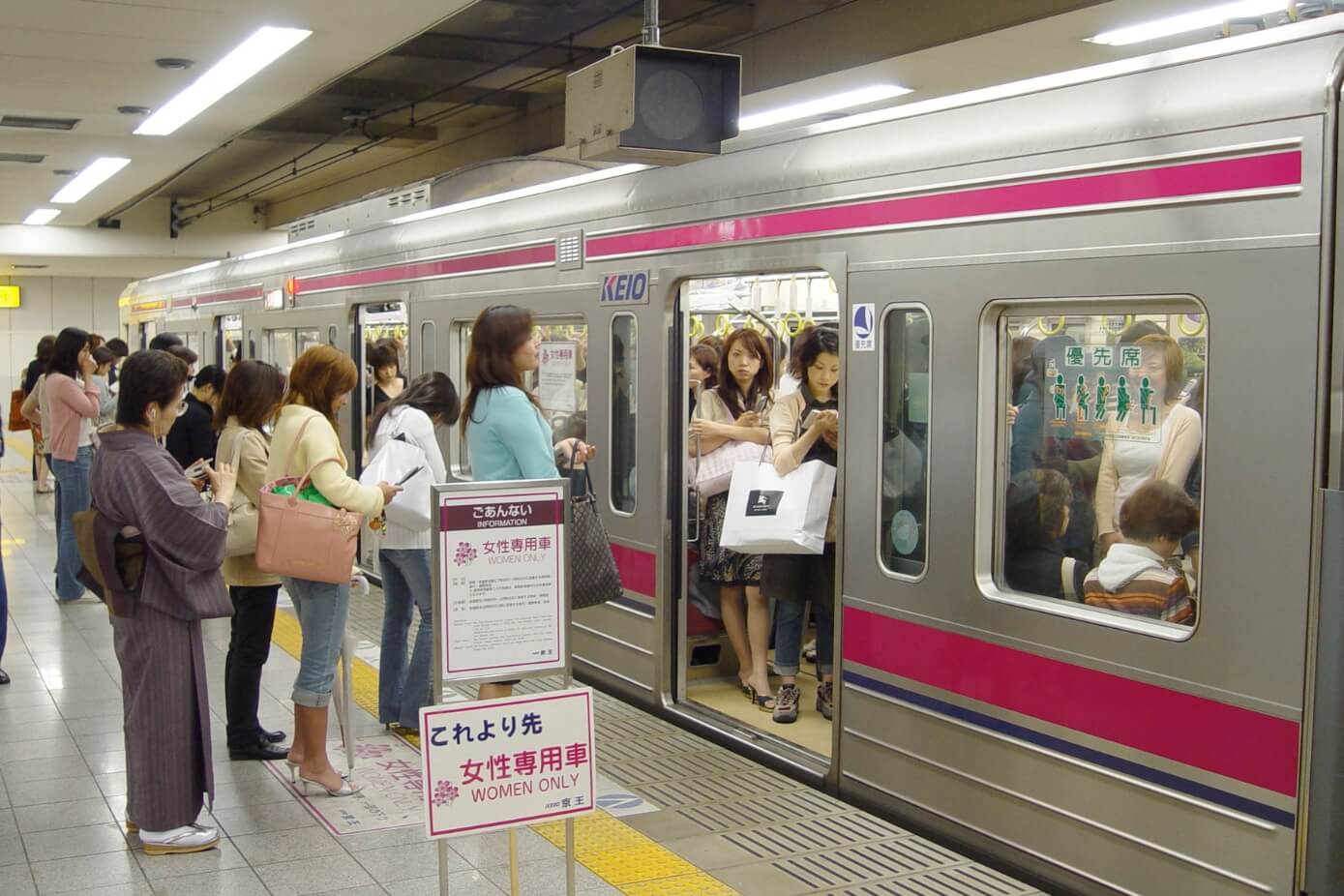
Japan is considered one of the safest countries for women travelers. However, it’s still important to take standard precautions:
- Be Aware of Your Surroundings: Especially in crowded places and during night hours. Unfortunately, ‘chikan’ – non-consensual groping and rubbing that often occurs on crowded trains – is still common in Japan. Some companies have introduced Women-only train carriages on some train lines to answer that issue.
- Cultural Awareness: Some cultural nuances are essential to understand for women traveling alone.
Emergency Services
- Police: Available at 110, police are helpful, and major cities have English-speaking officers.
- Ambulance and Fire: Dial 119 for quick response in emergencies. Hospitals in Japan provide excellent care.
- English-Speaking Helplines: Many cities have tourist helplines, offering guidance in English for travelers in need.
Final Thoughts
Japan’s reputation for safety is well-deserved, making it an ideal destination for all types of travelers. By following these safety tips and staying informed, you can experience the best of Japan with peace of mind.
FAQ
Familiarize yourself with earthquake safety measures provided in accommodations and public spaces.
While Japan is broadly safe, it’s always wise to be cautious in crowded areas and during late-night hours.
Yes, the Japanese police are known for being helpful and reliable in assisting tourists.

